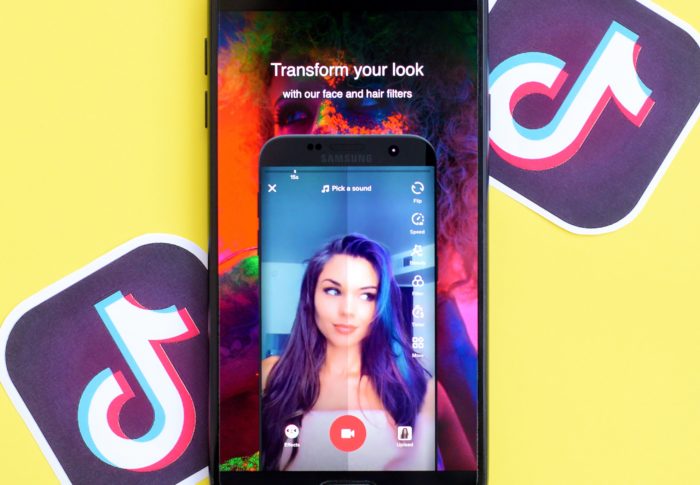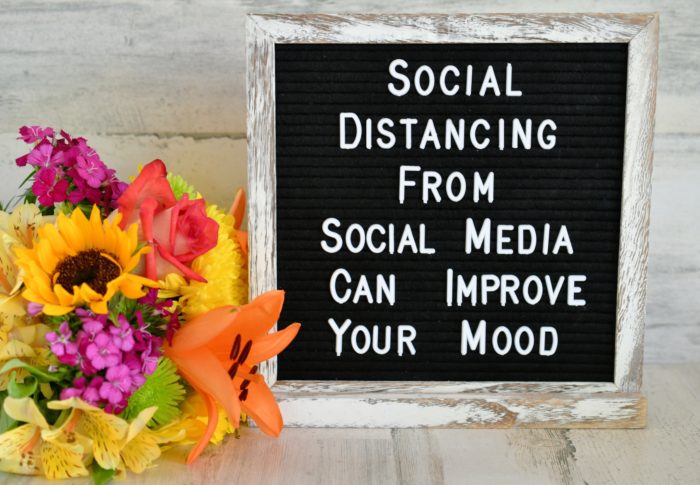Good Monday morning. It’s August 10th. Breaking last night from the Wall Street Journal is news that Twitter is reportedly interesting in acquiring TikTok. Expect to hear lots more until this deal is done. Size-wise it’s as if Colgate-Palmolive or Goldman Sachs were being acquired, but the complicated political environment magnifies the transaction even more for this three year old service. Here’s Reuters’ coverage.
Today’s Spotlight is 1,525 words, a bit over a 5 minute read.
1. News to Know Now
a. Walmart has delayed its Amazon Prime competitor again. Walmart+ was supposed to finally launch last month with a $98 annual price tag. Amazon is now valued at three times more than Walmart, and the gap is growing. (Recode-Vox)
b. More retail news ahead of Friday’s retail sales report: Rite Aid deployed facial recognition in two hundred stores located in low income neighborhoods of major cities. A match would alert the store’s loss prevention employees via a smartphone alert. This is a riveting story that Reuters broke about the unregulated use of facial recognition.
c. Ancestry is facing a class action lawsuit over a claim that the company violated California law regarding subscriptions. At least one legal analyst suggests that the company may have mostly complied but not included “the level of clarity required by law.” Remember that if you’re making a social media disclosure, an affiliate program disclosure, or describing your terms and conditions that many laws include requirements regarding font size and placement. (Ad Law Access)
2. COVID-19 Online Resources and News
Great Trackers
Covid Tracking Project — useful for its annotations
Johns Hopkins — the gold standard
School Reopening Plan Tracker from Johns Hopkins
College Crisis Initiative (Open or Hybrid) from Davidson College
NEW: Cases by Metro Area – Factbase
NEW: Johns Hopkins Data Animated – JHU
Tech News
Facebook & Twitter remove Trump posts over misinformation – NBC News
Facebook extends work from home policy until July 2021 – Techcrunch
How to Understand COVID-19 Numbers – ProPublica
PayPal will enable contactless payments at 8,000+ CVS Stores – Retail Brew
Virginia Launches COVIDwise App Using Google-Apple System – Slate
3. Search Engine Optimization News
Google purchased nearly seven percent of home alarm company ADT last week. That ordinarily would be for another discussion, but it’s important to note that Google and not parent Alphabet is the investor. The two are on the record talking about smart home appliances and monitoring, but there is also now a remote Google workforce in place. Apple, Amazon, and (once) Microsoft might have stores, but Google will have the ability to load the data from smart home technology to its shopping and search results.
Google is also cleaning up its advertising categories. A video ad showing police officers beating, pushing, and tasing protesters over the president speaking about law and order was rejected for violating the company’s prohibitions against graphic violence in ads. Google also banned all ads for stalkerware and remote surveillance equipment and software. Finally, Google banned ads from companies posing as news organizations and any ads mentioning illegally obtained documents such as from Wikileaks.
We’ve been telling you that Google is constantly changing the business profiles it shows in search engine results. One new trend spotted by Search Engine Land is that Google will now specify when a company’s business hours were updated. This allows anyone visiting your business to know whether the information has been updated during the pandemic.
Finally, Microsoft Bing, rather than Google, has launched a new WordPress plugin that allows webmasters to automate submissions to the search engine. Remember that Bing gets about one billion-with-a-b visitors to its search engine every month.
4. Also in the Spotlight — GPT-3 is Ready to Learn
We last wrote about OPENAI in June. That’s the research lab founded by Elon Musk and Y Combinator’s Sam Altman. They put together an investment group and one billion dollars to advance artificial intelligence. Microsoft kicked in another one billion dollar investment last year.
After first saying in 2018 that they could not in good conscience release their latest machine learning software called GPT-3 that modeled text, the organization started looking for corporate buyers in June. And since what was once theoretical would now be commercial, the industry media got all breathless and fawning.
Neither Altman nor Musk are wallflowers, and Altman tweeted this two weeks ago:

You probably have the right image in mind if you see him collecting grubby dollar bills while standing outside a tent set apart from a local carny decades ago, but there is something inside the tent.
“Did a Person Write this Headline, or a Machine?” poses a recent Wired article that went on to say that the software is “provoking chills across Silicon Valley” before relating the story of one tester writing a sample app to track a to-do list. The tester than uploaded the app to GPT-3 and the system, which has received coding tutorials, returned code for the app.
But there are plenty of ghosts in this machine, not the least of which are the prejudices of the humans who build it. When prompted with words like “Holocaust” or “woman”, the system has opined with anti-Semitic and misogynistic language. Sometimes the words it creates seem profound, but other times, they are nonsensical. We’ll link below to a free app that lets you generate tweets written by GPT-3 so you experience this dichotomy.
How do we know this is original? I’ve run a number of samples through Google and Bing, and none were exact matches. In other words, GPT-3 was providing new language, not parroting something that it had scanned.
Computer scientist Kevin Lacker gave GPT-3 a Turing test that is designed to establish if software output can be indistinguishable from a human’s output. Early in the testing process, Lacker writes, “Traditionally, artificial intelligence struggles at “common sense.” But GPT-3 can answer a lot of common sense questions … Ten years ago, if I had this conversation, I would have assumed the entity on the other end was a human.”
The iterative process is important as humans improve the software, but even GPT-3’s earlier version has shown the ability to create new images. The version using graphics instead of words is called iGPT and can create the rest of a graphic image if given the first half of an image. That’s not a big deal for any artist, but it is a very big deal for software.
Smartlinks
Did a Person Write This Headline, or a Machine? — Wired
Giving GPT-3 a Turing Test — Lacker.io
Generate your own GPT-3 tweets — refresh the screen for each new one
GPT-3 Creative Fiction — Gwern
OpenAI’s fiction-spewing AI is learning to generate images — MIT Tech Review
5. Following Up: Twitter Bans
It was only a couple of weeks ago that Twitter seemed to take its first steps towards confronting disinformation on its platform. Remember that misinformation is often a mistake while disinformation is deliberate.
David Duke, who once won 43% of the vote in an election for Louisiana governor, is a white supremacist and former KKK leader. Twitter confirmed that they have joined YouTube in banning him for continued violations of the service’s hate speech rules.
Read more at The Washington Post.
6. Debugging: Yes there is a Google+ Class Action
The emails have been flying about a Google Plus data leak that exposed the information of 500,000 users. This one is real.
You’ll only get $5-$12, but why not take it?
7. ProTip: The NSA Teaches You to Secure Your Phone
I love this outreach by the spy agency. In just a couple of pages of a free PDF you’ll learn what steps to take to limit your phone’s location data exposure.
There’s more at the PDF link, but remember that Location Services do not equal GPS.
8. Great Data: Online Gaming
This is a series of infographics that can each be shown as one-offs (timelines, revenue, company charts, etc.) but make a great story with very few words.
There are $150 billion in revenues now.
9. Screening Room: DSW Back to School
I’ve been a fan of DSW’s authenticity in recent spots, and their back to school ad featuring a mom and kid shopping while wearing masks is a great example of them leaning in to being real.
It’s not on YouTube yet, but you can watch it here.
10. Coffee Break: Window Swap
I love this newish site that lets people submit a webcam view from their window. You can’t choose any particular vista, but as you refresh your screen, a new destination pops up. It was breezy in Lucerne, there was a cat sunning itself in Italy, and it was raining in Poland when I last visited.


